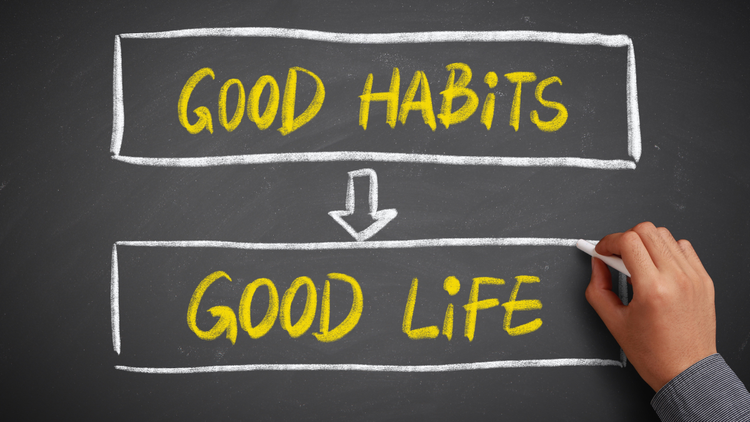Why You Don’t Need to Be in the Mood to Get Started

You’re staring at the task. It’s been on your list for days. You’ve reorganised your to-do list, cleaned your kitchen, checked your emails, and read three articles about productivity. But you haven’t started.
You tell yourself you just need the right moment. A burst of energy. A little more motivation.
But what if that moment never comes?
We’ve been sold the idea that we need to feel ready to begin. That motivation leads to action. But in reality, it’s often the other way around.
You don’t need to be in the mood to get started. You just need to start. Because the momentum you’re waiting for? It shows up after you take the first step.
The myth of motivation
Motivation has been overhyped. Pop psychology treats it like a magic ingredient. Find your “why,” get inspired, and the work will flow.
But real life is messier. Most days, motivation is low. Energy is inconsistent. Life is busy. And waiting for the perfect moment to begin usually means never beginning at all.
The problem isn’t you. It’s the expectation that good work only comes from good moods. That you have to feel like it before you can do it.
But action often precedes motivation, not the other way around.
Why getting started feels so hard
Your brain isn’t lazy. It’s protective. Starting something new, uncertain, or mentally demanding activates resistance. It’s not a character flaw. It’s a survival instinct.
Even small tasks can feel big when they’re ambiguous or emotionally loaded. Fear of failure, perfectionism, overwhelm — these all sit beneath the surface of what we label as procrastination.
You’re not avoiding the task. You’re avoiding the discomfort you think the task will bring.
The science of just starting
There’s a concept in physics called activation energy — the energy required to initiate a reaction. In human behaviour, it’s the same. The hardest part of doing anything is starting.
Once you begin, even if only for a few minutes, your brain often recalibrates. Momentum builds. Focus follows. Confidence increases. You remember that you can, in fact, do this.
This is why tiny starts matter so much. They reduce the friction. They bypass the inner resistance that says you need to feel good before you can begin.
What to do when you’re not in the mood
Lower the stakes. You’re not committing to finishing the whole thing. You’re committing to opening the document. Making one decision. Writing one sentence.
Let it be clunky. Let it be half-hearted. That’s not failure. That’s forward motion.
If you can’t access deep focus, just start with shallow movement. Clear your workspace. Jot down a list. Set a two-minute timer. You’re building psychological momentum, not chasing perfection.
And if even that feels hard, meet yourself with patience. Say out loud, I don’t need to be in the mood. I just need to begin.
Discipline doesn’t have to feel like punishment
There’s a belief that getting things done without motivation is “forcing it.” That it’s harsh or unkind.
But real discipline — the kind that lasts — isn’t about pressure. It’s about care. It’s about choosing small actions now so your future self isn’t buried later.
You don’t need to push yourself aggressively. You just need to guide yourself gently toward momentum. That’s discipline built on respect, not resentment.
You don’t need flow. You need frictionless.
Stop waiting for flow. Stop chasing the perfect vibe, the ideal headspace, the inspired burst. Most days won’t offer that. But you can still make progress.
Instead, aim to remove friction. Set yourself up to enter the task with as little resistance as possible. That might mean tidying your space, turning off distractions, or scheduling five minutes between meetings to recalibrate.
Small setups reduce excuses. They make starting easier — and that’s the real goal.
Final thought: You don’t need to feel ready to begin
You don’t need to be in the mood to get started. You don’t need to feel inspired, or focused, or fully caffeinated. You just need to begin.
Progress comes from showing up, not from waiting until you feel perfect. And most of the time, the act of starting is what creates the feeling you were waiting for.
So stop asking how to get motivated. Start asking, What’s the smallest possible step I can take right now?
Then take it.
—MRB
My goal is to help people thrive in a complex world. While I write as a psychologist, this content is general in nature, does not constitute a therapeutic relationship, and is not a substitute for personalised mental healthcare advice. Further, some posts may include affiliate links to resources I recommend. Read my full site policy here.




Member discussion